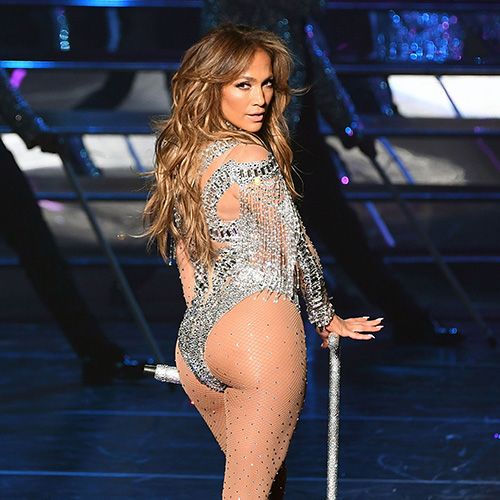The lack of access to menstrual products keeps women trapped in cycles of oppression, denying them the dignity and equality they deserve.
Written by Miura Lima
Edited by Nikita Jain
Dear readers,
I want to begin this article with a question: What comes to your mind when you think about violence against women? I invite you to take a moment to reflect on your initial thoughts and consider anything you may have unconsciously rejected or overlooked regarding violence against women.
Now, I encourage you to grab a piece of paper and write a sentence or a short letter of forgiveness to yourself for any misunderstandings you may have had in the past. Once you have done that, consider tearing it up or burning it as a symbolic act of self-forgiveness.
Now, let us reflect together on this topic.
Many people associate physical violence with gender-based violence, but menstrual poverty is also a form of violence against women. According to the World Health Organization, menstrual poverty refers to a lack of menstrual management products, appropriate facilities for menstruation (such as toilets), and menstrual health education, which can lead to both physical and psychological harm.
In some countries, girls are forced to miss school due to menstrual poverty, falling behind their male peers and jeopardising their futures. This cycle perpetuates social inequality and, consequently, violence against women.
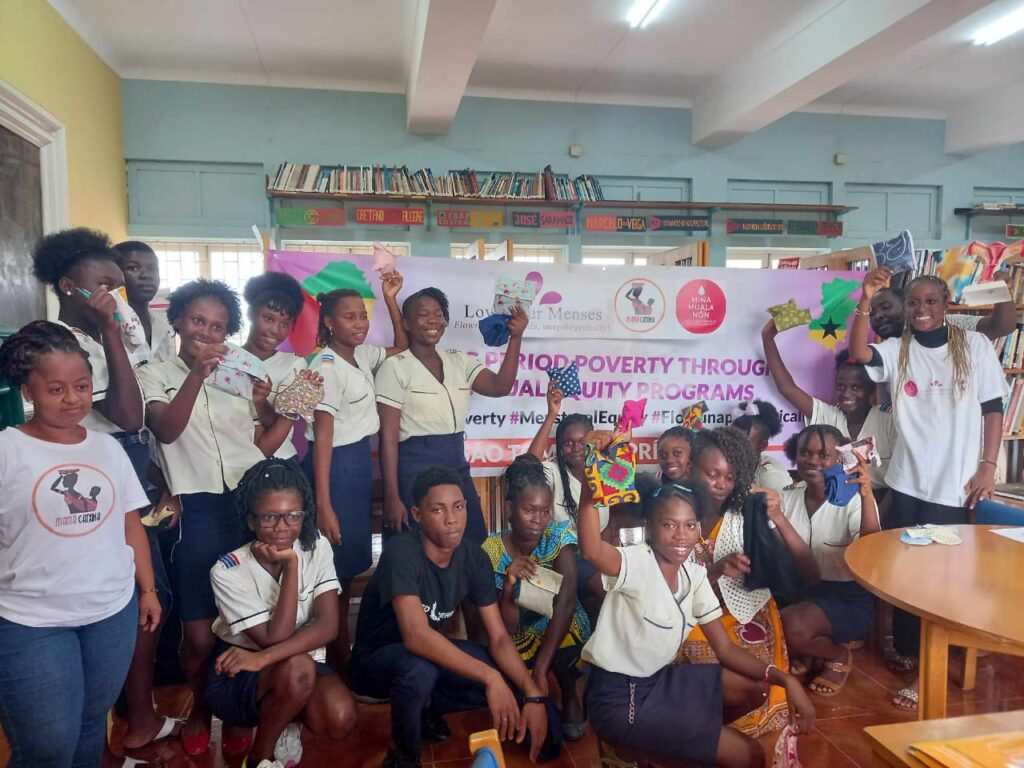
Women and girls affected by menstrual poverty often face barriers to exercising their rights, such as attending school or participating in physical activities. When a doctor dismisses menstrual pain by saying, “It is normal; you will just have to live with it,”. This is a form of violence against women, and because of this, many women and girls suffer in silence, feeling powerless to take action.
In some cultures, women are isolated during their menstruation, which constitutes gender-based psychological violence. If you feel embarrassed to tell your father or partner that you have your period, that reflects a form of oppression and psychological violence. When you have to make excuses for not participating in activities because you cannot openly discuss your menstruation, that is psychological violence.
Missing an entire week of school due to endometriosis, dysmenorrhea, oligomenorrhea, amenorrhea, syndrome of polycystic ovarian (PCOS), PMDD and fibroids, and then struggling to pass exams is also a form of violence against women.
The problems mentioned above are hormonal conditions that many women all over the world face. Some of the conditions are very serious, wherein women are forced to halt their daily lives, even affecting their careers. The medical world has neglected the issues of women’s health, leading to serious consequences and, in many cases, death.
It is ironic how we live in a world where condoms may be freely distributed in some contexts, yet menstrual products often are not. Why is that? Men create many policies and may not account for women’s biological needs. Having sex is a choice, but menstruation is a natural biological process.
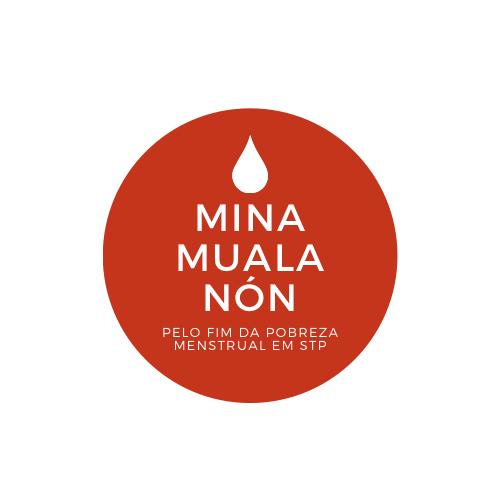
Recently, countries like Scotland have implemented laws to provide free menstrual products in schools and public institutions. While this is a step forward, it is not enough. We must push for comprehensive policies, further research on menstrual health, and greater education about menstruation. How many women miss work due to menstrual illnesses? Have we considered a period leave policy?
Studies suggest that in a few cases, the impact of period cramps is so severe that it impacts their ability to function normally. Limited research also suggests that period pain can be as painful as a heart attack.
Currently, there is no such thing as “official period leave”. Many women feel compelled to find excuses for their absences rather than acknowledge their pain. This issue must be contextualised from the moment a girl experiences her first period (menarche). I challenge you to consider that nearly every woman who menstruates has experienced some form of violence in her life related to this issue.
As a menstrual health activist and educator with lived experience, I cannot separate the concepts of women’s violence, gender-based violence, and menstrual poverty. The inequality stemming from menstrual poverty is a form of violence against women.
Let us reflect again. How many of us have had to use toilet paper or old clothes to manage our menstruation? How many have been isolated from household chores while on our periods? How many girls were terrified when they first menstruated? Even in educated, privileged families, discussing menstruation can be uncomfortable.
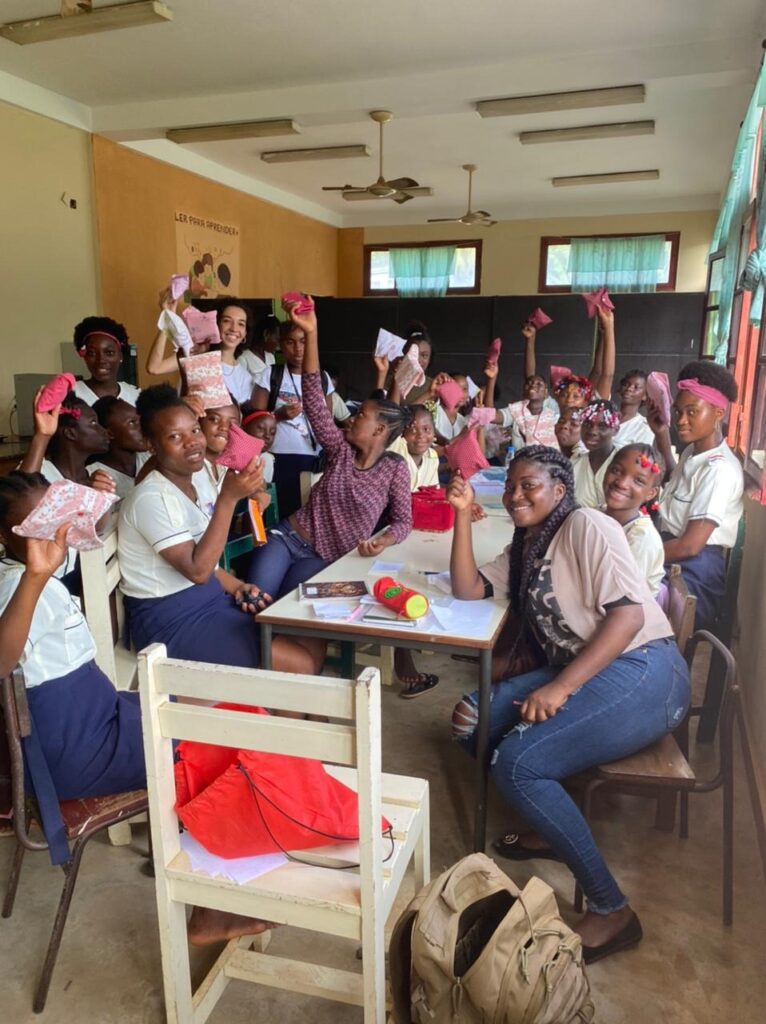
The lack of education, stigma, and inadequate access to menstrual management products is violence against women. The burden of these issues creates a climate of oppression. If only men menstruated, policies would likely be implemented to address their needs.
This patriarchal society continues to create policies that do not favour women or those who menstruate.
Besides the physical and psychological issues, a significant number of women also face financial challenges during menstruation.
The stigma in the workplace is also real; many women feel embarrassed to carry menstrual products to the restroom.
Consider the tragic case of a girl in Kenya who took her own life after being humiliated by her teachers and peers for an accidental stain on her clothes during her period. If her classmates and educators had been educated about menstrual health, this tragedy might have been prevented.
My goal with this article is to inspire you to advocate for yourself and others. Menstrual poverty and violence against women are not just individual issues; they are societal issues.
This is why I created my project, Minamulanon (meaning “Our Menstruation” in Sao Tome and Principe creole). As a migrant woman, my aim is to address these issues in my home country (Sao Tome and Principe) while also supporting local activism where I currently live (Scotland).
Navigating the challenges of being a migrant and a woman adds layers of complexity to these issues.
I hope my words resonate with you and encourage you to become advocates for yourselves and others like you.
Learn more about Minamulanon here.
Donate to help Minamulanon to end menstrual poverty here.
Feature image by Stephen Tettey Atsu at @Unsplash
If you or someone you know is in immediate danger or in need of urgent protection, call the police on 999.
For more info on where to find help, click here.
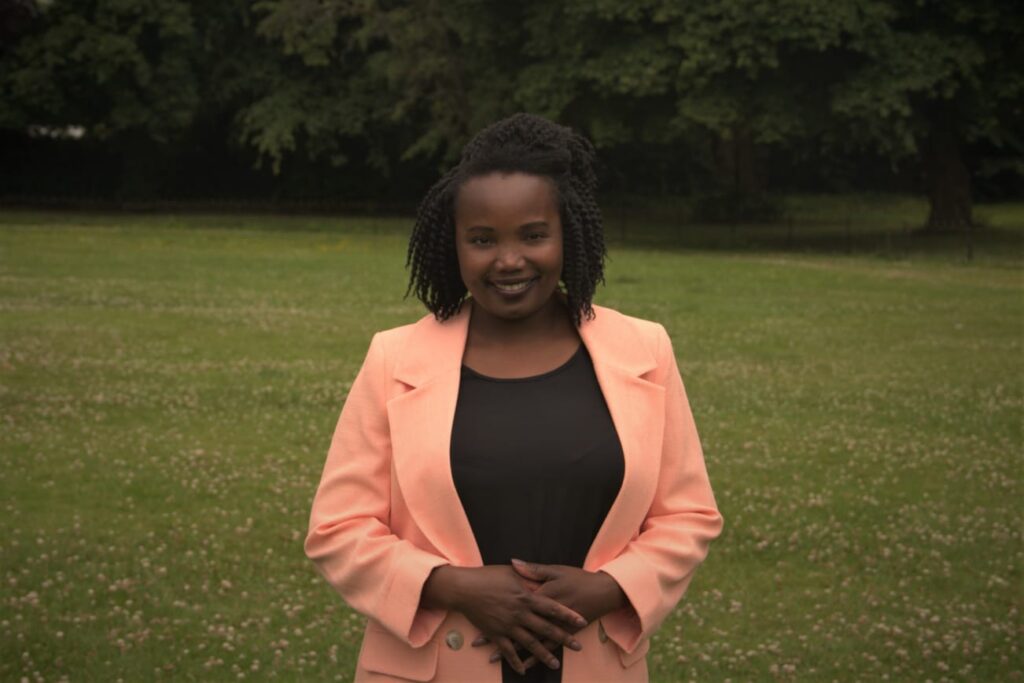
Miura Lima is Co-Founder & Director of Minamualanon (Our Menstruation). Previous The Pad Project Ambassador for Public Health Track. Women and Race equality Activist, Menstrual Health Educator. Passionate about creating a more open, compassionate and anti-oppressive world.

